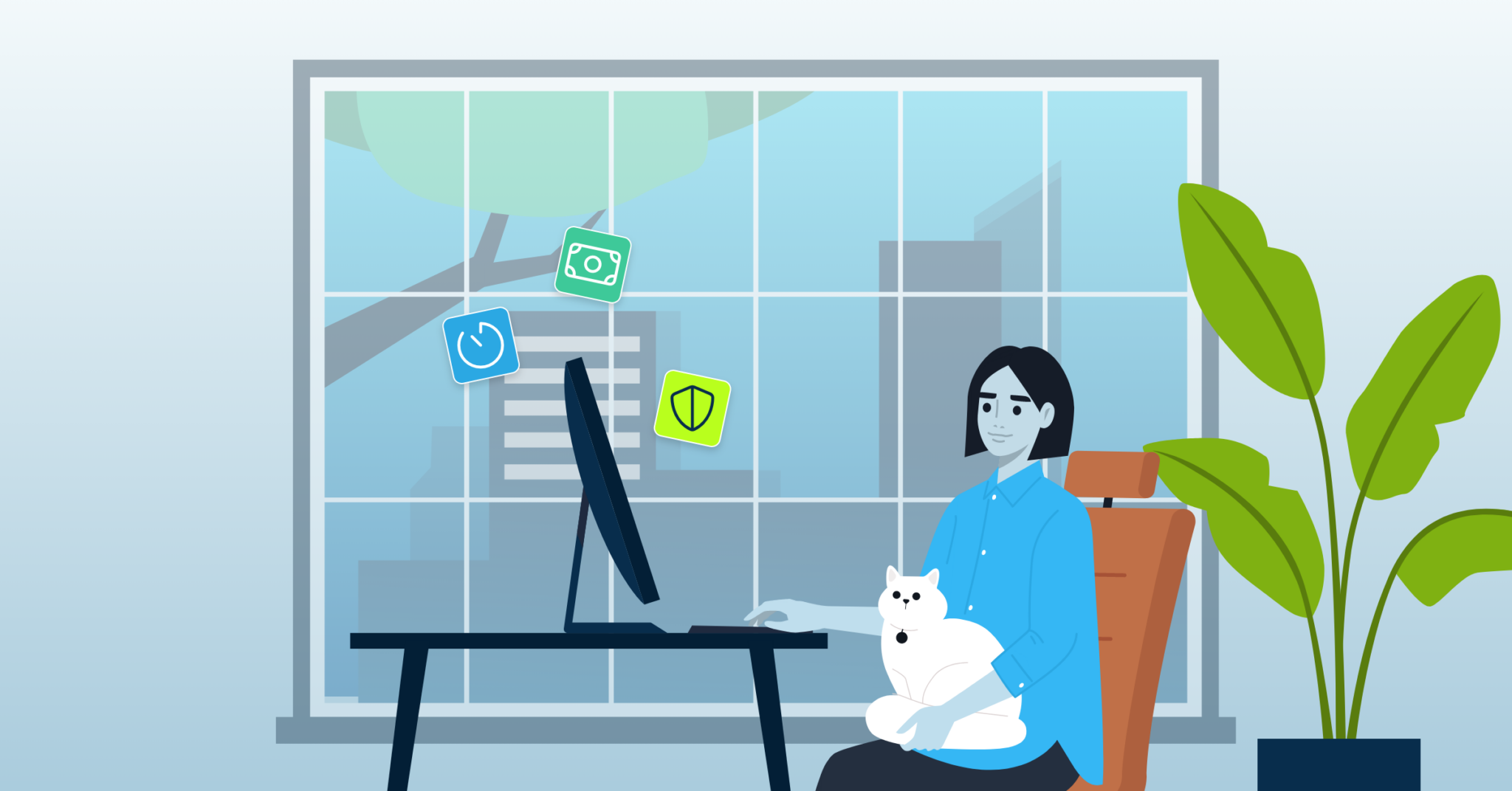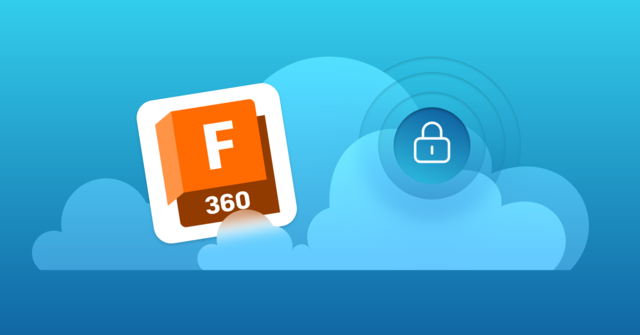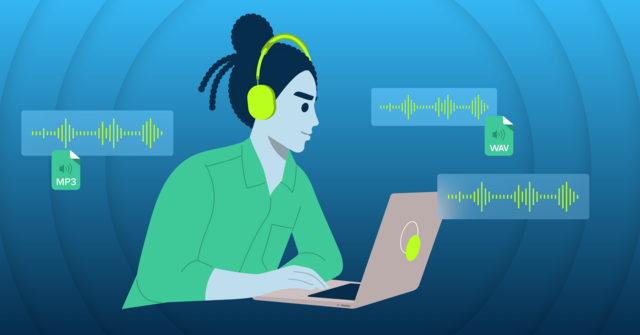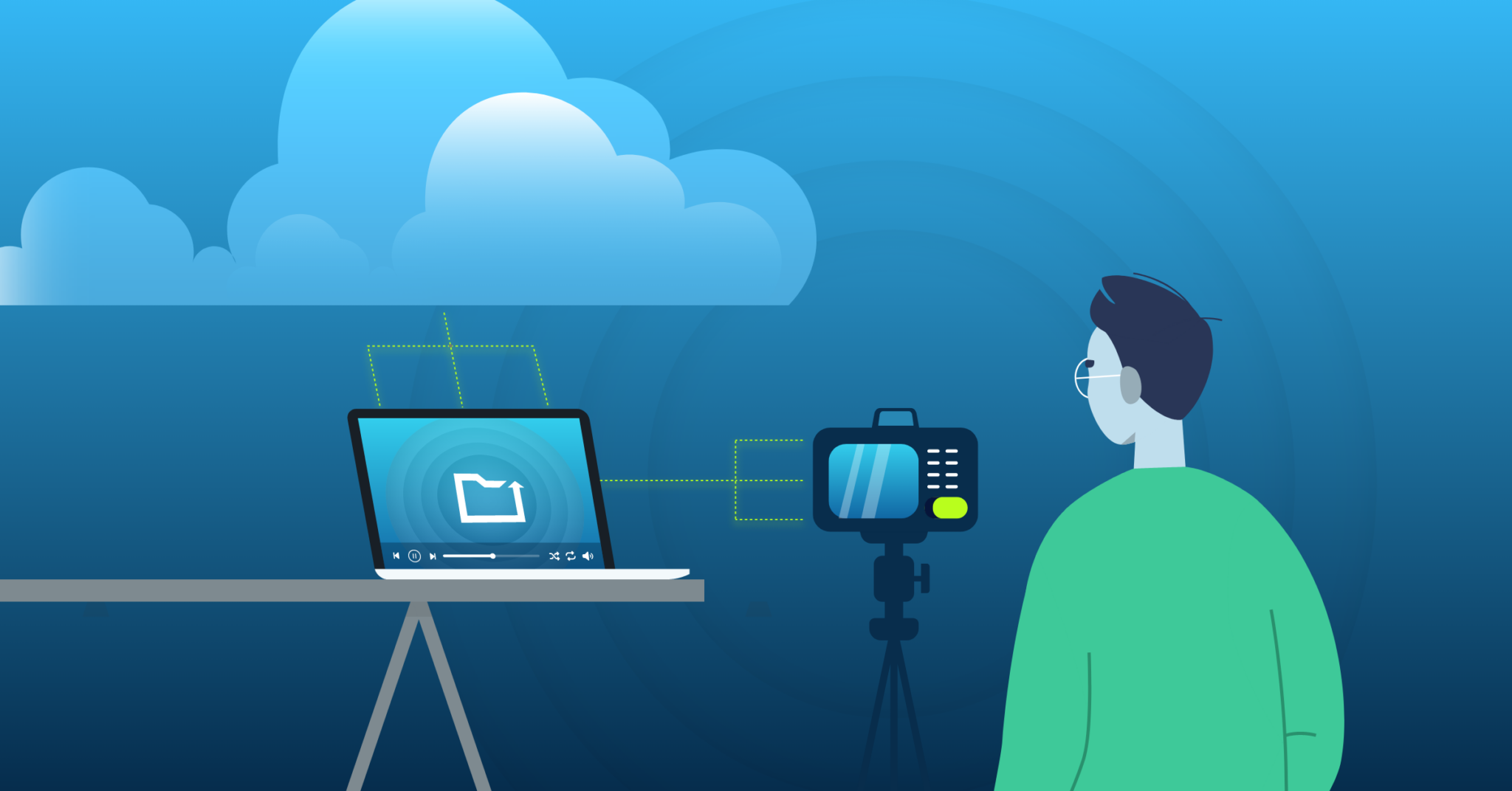
How to Backup Personal Data: Balancing Security, Ease, and Affordability
If you want to back up your personal data and protect yourself from data loss, it’s essential to have a secure, cost-effective, and easy-to-use personal backup solution in your corner. However, it can be difficult to sort through your personal backup options and pick one that balances affordability, ease, and security. As you search for the best personal backup solution, find out more about how to back up personal data with various backup options and what features to look for in a personal backup solution.
How to Back Up Personal Data
When you’d like to back up your personal data, you have a few options. For example, personal data backup used to be primarily done through external hard drives or USB flash drives. These devices allow users to manually copy their data to the secondary drive and store it for later use.
While using an external hard drive is almost always a good practice for personal data backup, it’s not a complete one. Hard drives eventually fail, accidents or disasters occur that destroy your device, and, at some point, you’ll have more data to back up than can fit on your device.
As people look for a cloud-based personal data backup solution, many have turned to cloud collaboration platforms (CCPs) to store their data in the cloud. Popular versions of these platforms include Google Drive, Box, and OneDrive.
Though these platforms are great for collaborating on documents, they’re not a true backup solution. Unlike true backup solutions, they don’t automatically back up data or provide fundamental security. For instance, files on CCPs can be easily deleted, and these solutions do not keep a second copy of your existing working data, meaning there’s a high risk of permanent loss when a file is accidentally deleted.
Due to the gaps left by CCPs and personal storage devices, people concerned about the safety of their personal data often use endpoint backup solutions to back up their data. These solutions automatically back up data from your endpoints, such as laptops and desktop computers.
During backup, an endpoint backup solution will copy a file and then transfer it to a cloud. These solutions make certain your data is protected at an off-site location, ensuring you can always recover your files even when your endpoint and external hard drive are destroyed in an accident.
4 Features to Look for in a Personal Backup Solution
Since personal data backup solutions can vary greatly in security, affordability, and ease of use, it’s important to look for a few key features when choosing a personal backup solution. If you want to ensure your personal backup solution will keep your data secure and always backed up, read on to find out more about the top four features to look for in a personal backup solution:
1. Secure, Cloud-Based Backup
The first quality to look for in a cloud-based personal backup solution is its security features. If your data isn’t secure, you could fall victim to data loss due to malware, ransomware, or breach. While searching for a cloud-based solution, check that the provider will encrypt your data both in transit and at rest to ensure your data can’t be accessed by anyone but you, even if it’s stolen. You’ll also want to look for robust authentication protocols to prevent malicious actors from signing into your profile and accessing your data.
Besides looking for existing security features, the provider should be regularly testing their product for vulnerabilities and have end-to-end control over their cloud stack. They’ll also need to have a team that provides full-time monitoring of their cloud environment, a dedicated response team to address security threats quickly, and certifications that show they comply with leading security standards. By checking for these security standards and best practices from the provider, you can significantly reduce the risk of data loss and malicious actors accessing your data.
2. Automatic Backups Every Few Minutes
Once you’ve determined a solution is secure, find out how often the provider backs up your data to its cloud. Though some people might think backups every few days are fine, it’s best to choose a provider who can back up your files every fifteen minutes.
Only backing up every week or even once a day means you lose hours of hard work on a project when something happens that causes the file to be deleted or inaccessible. With 15-minute backups, you can restore a recent version of your file and only have to redo a few minutes of work if data loss occurs.
Alongside checking that they offer backups every few minutes, choose a personal backup solution that will automatically perform the backups for you. Automatic backups are convenient and reduce the risk of human error, such as forgetting to manually back up your files. These automatic backups should also run unnoticed in the background and not affect your endpoint’s performance.
3. Easy-to-Use
While personal backup solutions should have advanced security, they should be easy to use and configure. After all, if you can’t understand the interface, you can’t get the most value out of the personal backup solution’s features. To make sure you can easily use a personal backup solution, check if the provider offers a free trial and take advantage of it before you sign up for a full plan.
4. Affordability
A personal backup solution shouldn’t break your budget, and any solution that requires you to pay hundreds of dollars every month likely isn’t worth it. Typically, a fairly priced and secure endpoint personal backup solution will only cost a few dollars a month. If a solution costs around the same as a cup of coffee and has the other features listed above, you should be getting an excellent deal.
Choose CrashPlan for Personal Endpoint Backup Solutions
Our CrashPlan Essential plan is designed for people looking for an affordable and secure personal backup solution. This plan costs only a $2.99 USD a month, offers automatic backups every 15 minutes, and is protected by leading security features, such as two-factor authentication, AES 256 encryption at rest, and TLS 1.2 encryption in transit. It also covers two devices per user, comes with 200 GB of storage (for each additional 100GB you need, you only pay one additional dollar per month), provides 90-day deleted file retention, and is compatible with Windows, Mac, and Linux operating systems.
Learn more about our personal endpoint backup solutions today. If you’d like to give our solutions a try before you commit to a plan, please sign up for our free trial.






